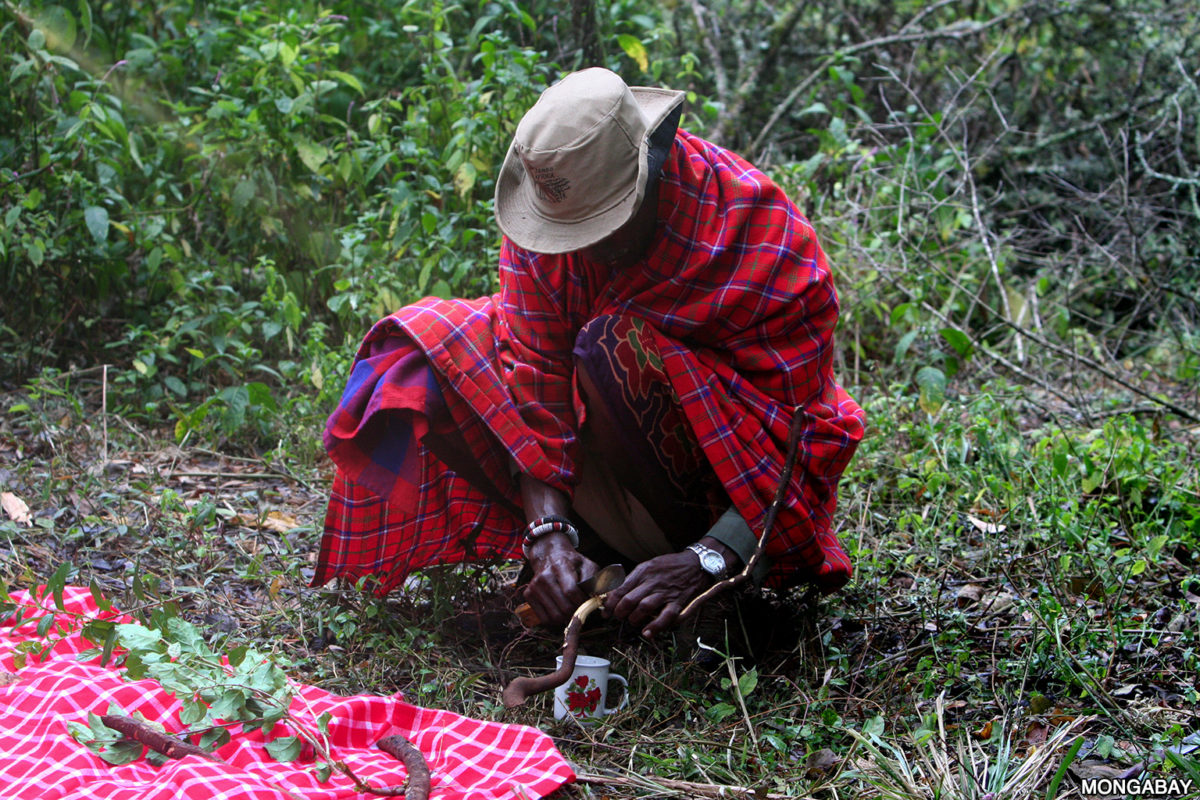In the past decade we’ve seen an incredible rise in the availability of information, from open-access journals to freely accessible high-resolution satellite imagery to high-quality investigative journalism. But we’ve also seen the proliferation of misinformation — accelerated by social media and questionable internet sources — which has enabled authoritarian regimes, anti-democratic movements, and corporate actors to erode the people’s ability to discern fact from fiction, erode public trust in science, and erect new knowledge barriers. These trends have important implications for efforts to stave off environmental catastrophes like climate change, ecosystem degradation, and loss of species: knowledge about the dangers environmental problems pose to humanity’s quality of life creates an imperative to address them.
Recognizing the enabling power of knowledge, the Arcadia Fund has for the past 20 years made access to information one of the guiding principles of its philanthropic strategy, which extends across the U.K. charity’s three priority areas: preserving endangered culture, protecting endangered nature, and promoting open access. Arcadia, founded in 2001 by Lisbet Rausing and Peter Baldwin, supports these priorities in geographies around the world through grants to institutions ranging from universities to NGOs.
“Arcadia serves humanity by preserving endangered ecosystems and cultural heritage and by promoting knowledge sharing through open access,” Arcadia says on its website. “We protect complexity and work against the entropy that leads to barren lands, depleted seas and homogenous cultures.”
Rausing, whose work spans disciplines as a science historian, entrepreneur and philanthropist, says this approach arose out of her observation that the flow of knowledge is impaired in society.
“Today, people rightly speak of the importance of fighting ‘fake news’ and ensuring that we as societies take democratic, science-informed decisions. But we less often discuss why so little verified knowledge is readily available to citizens,” she told Mongabay in an interview in January. “How can we engage ourselves in fights for justice and for the planet, when we are kept ignorant? A great deal of the scholarly knowledge that we need to become effective change agents is not accessible to us. If we are to level up our societies, as indeed we should, we also need to address knowledge injustice.”
Rausing says the COVID-19 pandemic has both embodied this issue, in the bungled responses from politicians who ignored or denied the science, and provoked a response that could potentially transform how information is shared and, more broadly, how we conduct ourselves.
“We have seen in the last year, when COVID-19 researchers across the world dismantled knowledge barriers, how much more effective and speedy innovation is if we share data and cooperate with one another.
“Humans are creatures of habit, and we have seen how ready societies have been to go back to business as usual as soon as the pandemic has given signs of easing off,” she added. “But the recurrent peaks and the recalcitrance of this crisis are making it clear that the way we live and work needs to change permanently and substantially.”

Driving a permanent shift toward a more sustainable future won’t be easy, but Rausing says she finds hope in young people’s enthusiasm for getting involved and taking action.
“It is enormously encouraging to see so many young people turning to meaningful action,” she said. “Over my lifetime I have watched winters warm unrecognizably. I have seen wildernesses shrink dramatically. But I have also sometimes seen the return of rare and threatened fauna and flora. And I have seen the emergence of ambitious and big ecological partnerships, such as those behind the largest dam removal project in history, on the Klamath River in California. Most encouragingly of all, I have witnessed how the young become leaders and exemplars, for example through the school strikes, or in young people’s protests against injustice and oppression in countries across the world.”
Rausing spoke of these issues and more during a conversation with Mongabay founder Rhett A. Butler.


